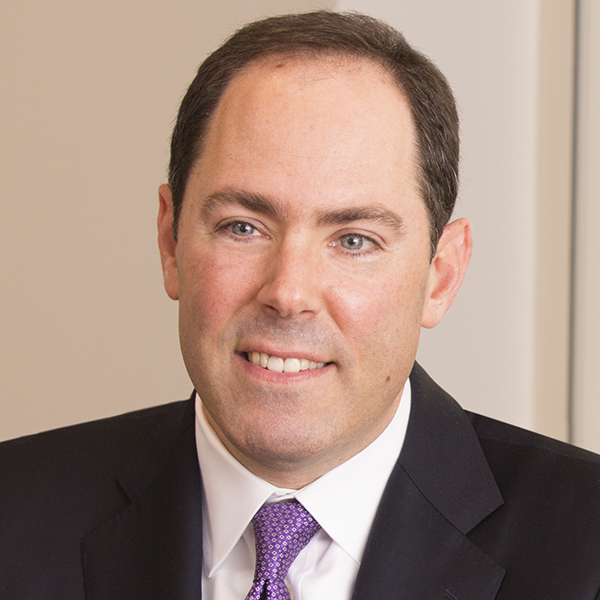Capital IdeasTM
Investment insights from Capital Group
Finance & Banking
Even before the collapse of Silicon Valley Bank, the outlook for parts of the CRE market appeared dim. Now with lending standards growing tighter, investors are getting increasingly nervous about problematic properties lurking on bank balance sheets.
Banks, especially small regional names in the US, have substantial exposure to the CRE market. Within banks’ CRE portfolios, exposure to higher risk subcategories (retail, office, construction/development) is greater at the regional banks than the megabanks.
Smallest banks have outsized CRE exposure
.png)
Data as at 8 May 2023. Commercial real estate holdings in Q4 2022 nonfarm non-residential, including office and downtown retail. US G-SIB: global systemically important banks headquartered in US Category II: greater than or equal to US$700 billion total assets or US$75 billion in cross-jurisdictional activity. Category III: greater than or equal to US$250 billion total assets or US$75 billion in nonbank assets, weighted short-term wholesale funding or off-balance sheet exposure. Category IV: other firms with US$100 billion to US$250 billion total assets. Source: US Federal Reserve Board staff calculations
Interest rates are high, which can make refinancing uneconomical, even for properties that are still performing well. This means some leading major real estate investors are likely to “turn in the keys” and hand properties back to the lenders. As these strategic defaults pick up, banks will face losses.
Our latest insights
RELATED INSIGHTS
Past results are not predictive of results in future periods. It is not possible to invest directly in an index, which is unmanaged. The value of investments and income from them can go down as well as up and you may lose some or all of your initial investment. This information is not intended to provide investment, tax or other advice, or to be a solicitation to buy or sell any securities.
Statements attributed to an individual represent the opinions of that individual as of the date published and do not necessarily reflect the opinions of Capital Group or its affiliates. All information is as at the date indicated unless otherwise stated. Some information may have been obtained from third parties, and as such the reliability of that information is not guaranteed.
Capital Group manages equity assets through three investment groups. These groups make investment and proxy voting decisions independently. Fixed income investment professionals provide fixed income research and investment management across the Capital organisation; however, for securities with equity characteristics, they act solely on behalf of one of the three equity investment groups.
 Michael Habib
Michael Habib
 Ben Zhou
Ben Zhou
 Marc Nabi
Marc Nabi